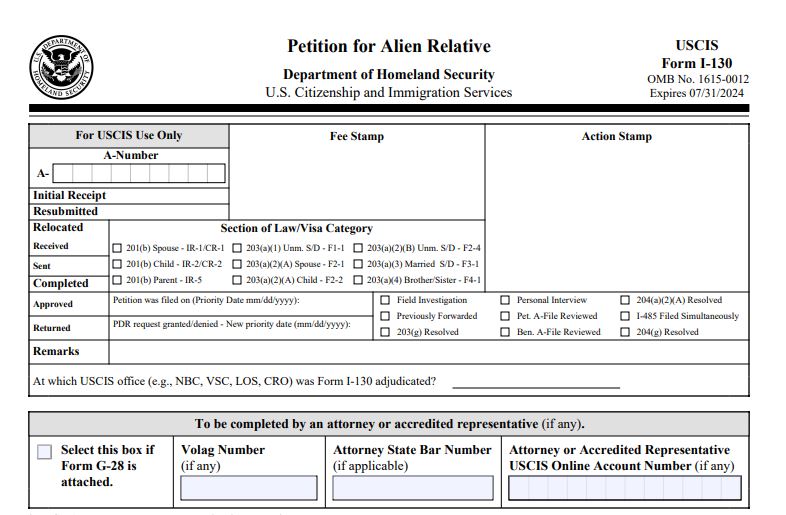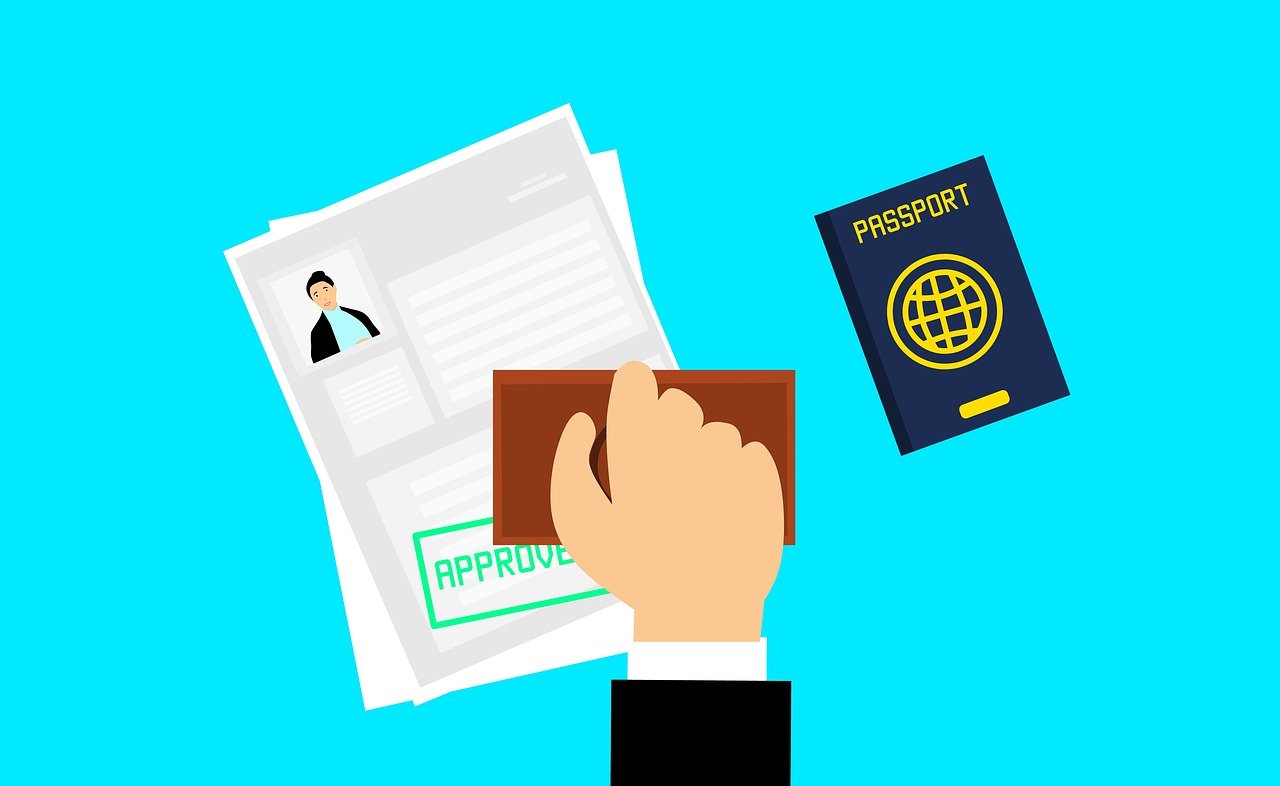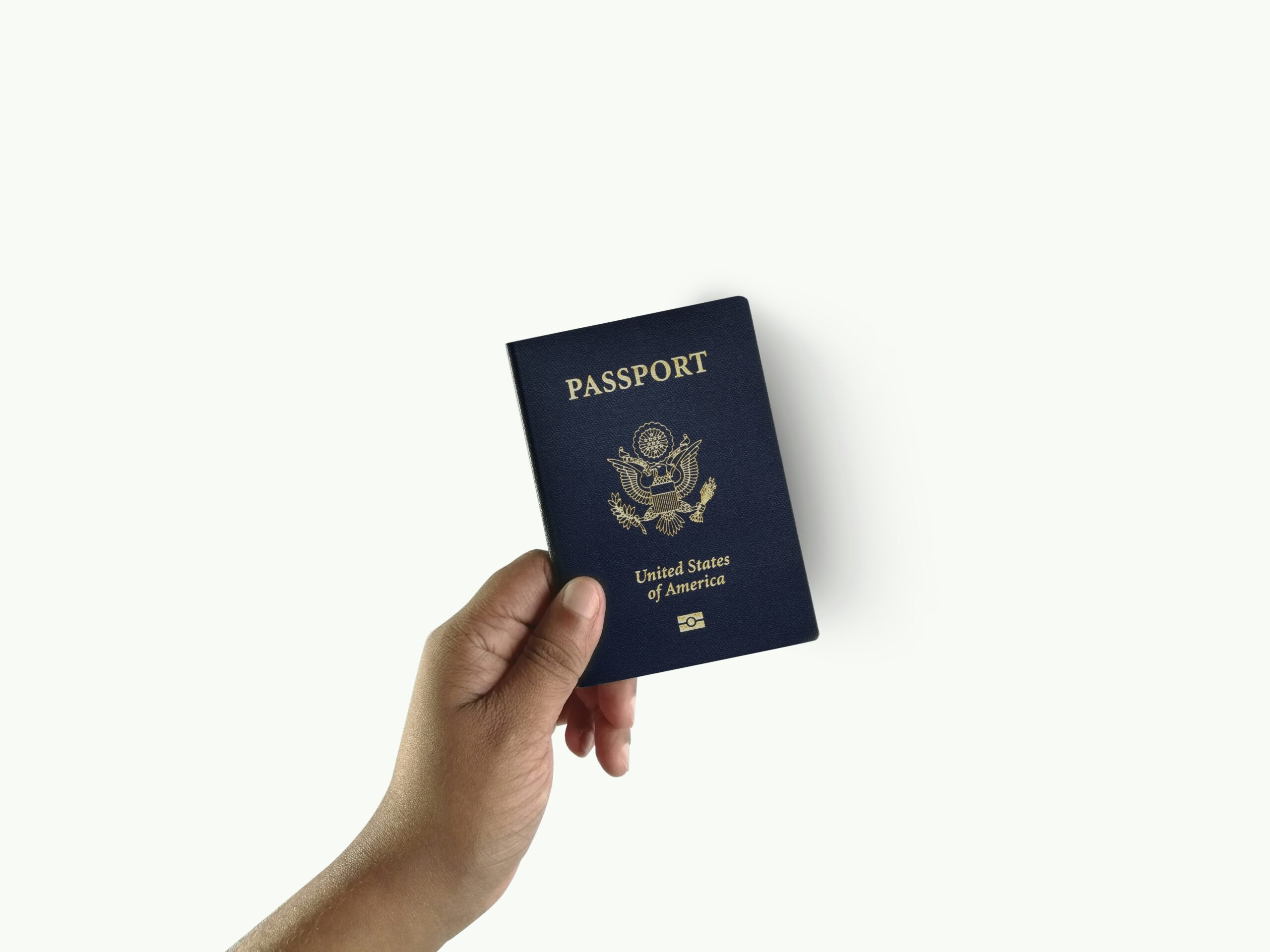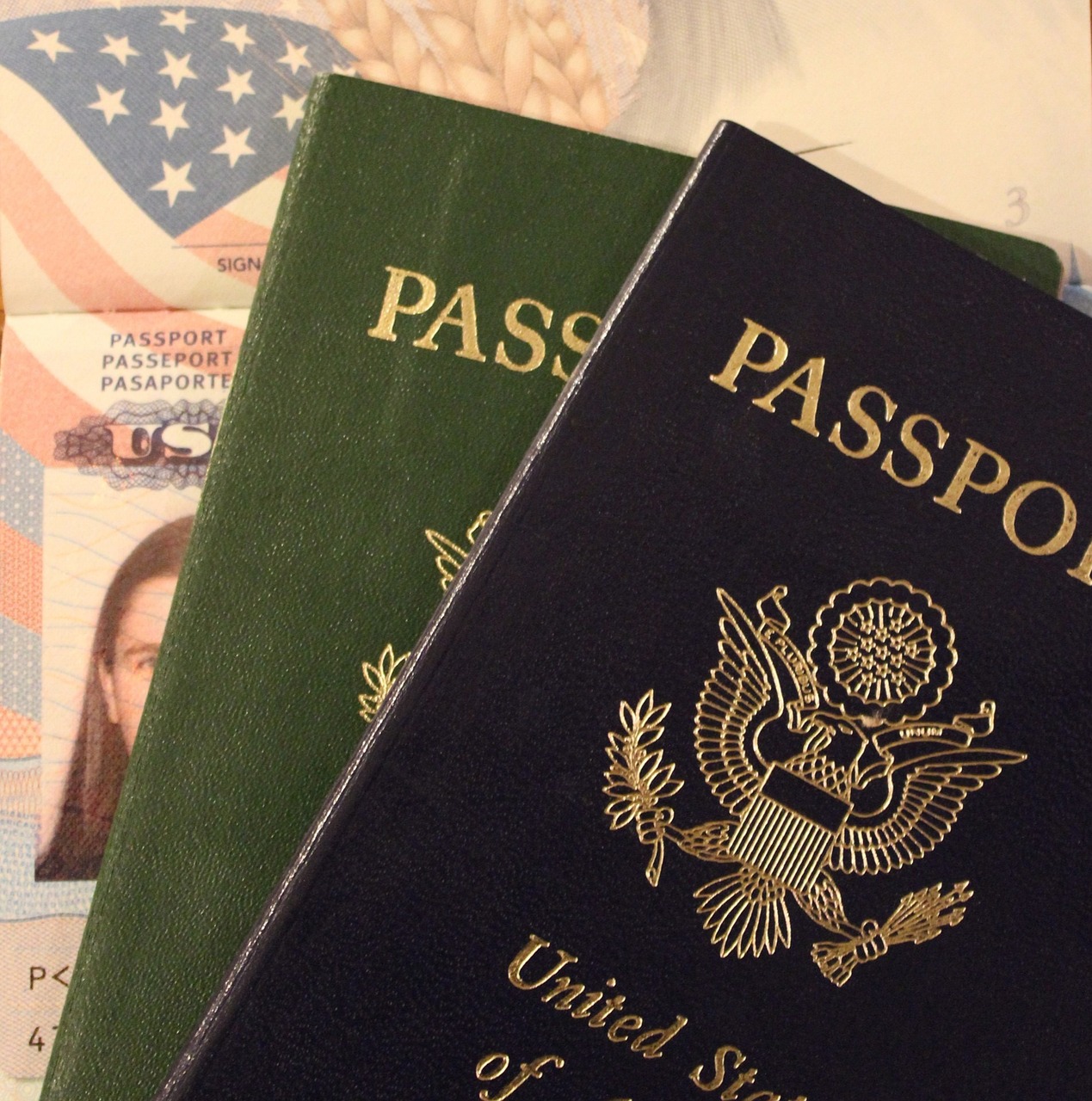 Photo by USCIS
Photo by USCISIf you want to bring a family member to the United States, the I-130 form is likely a crucial part of the process.
The I-130 form, the Petition for Alien Relative, helps establish a familial relationship between a U.S. citizen or lawful permanent resident and a foreign national. Once the relationship is established, the foreign national may be eligible to receive a visa or green card.
Yes, it is possible to be approved for an I-130 without an interview. Many I-130 petitions are approved with an interview waiver. However, whether or not an interview is required is ultimately up to the USCIS officer reviewing the petition.
Read on as we demystify the following:
Table of Contents
The Form I-130 is used by U.S. citizens and lawful permanent residents to establish a qualifying relationship with foreign-born family members who wish to immigrate to the United States. This form essentially serves as the first step in obtaining a family-based green card. Its primary purpose is to demonstrate the legitimacy of the familial relationship, which is a crucial requirement for family-based immigration.
Filling out the I-130 form accurately and completely is crucial to avoid delays or denials. Here is a step-by-step guide to help you navigate the form:
This step involves USCIS acknowledging that they have received your application or petition and conducting an initial review will ensure that it meets the basic requirements for processing.
Here's what happens during this phase:
During the I-130 petition process, USCIS may issue a Request for Evidence (RFE). It's crucial to respond promptly and thoroughly to these requests to avoid a denial.
Here are some tips for responding to RFEs:
By responding promptly and thoroughly to RFEs, you can address USCIS concerns and increase your chances of a favorable outcome.
Interviews are a standard practice in many U.S. immigration processes, but they are not required for all types of immigration applications or petitions.
Here are some common immigration processes where interviews are typically conducted as a standard practice:
The interview process varies in terms of location, duration, and specific questions asked. Thus, it's essential to follow the instructions provided by USCIS or the U.S. embassy/consulate. Also, you may invest in our citizenship and immigration services if you have concerns about your interview or immigration application.
After the completion of the I-130 petition process, USCIS will decide on your petition. Here are the possible outcomes and the next steps you may need to take:
The outcome of your I-130 petition can significantly impact your immigration journey. By understanding the possible outcomes and taking appropriate action, you can navigate the process confidently.
The processing times often vary depending on the type of application, the USCIS service center or field office handling your case, and other factors.

The USCIS has the discretion to waive the interview requirement in certain cases. Here are some scenarios where approval without an interview may be possible:
If the visa bulletin's priority date for your category is current at the time of processing, USCIS may approve your I-130 petition without an interview. This situation typically occurs when there are available visa numbers, and you can immediately apply for adjustment of status or an immigrant visa.
If you are residing outside the United States and intend to go through consular processing at a U.S. embassy in your home country, an interview at the USCIS office in the United States may be unnecessary. Instead, you will attend an interview at the U.S. embassy or consulate.
If the beneficiary is a child or elderly family member with serious health issues that make travel or attending an interview difficult, USCIS may waive the interview requirement. This decision is usually made on a case-by-case basis.
If you have previously attended an interview with USCIS and provided substantial evidence of the bona fide nature of the relationship, USCIS may rely on the information from that interview to decide without requiring another interview.
USCIS has the discretionary authority to waive interviews if they are satisfied that the evidence provided in the I-130 petition and supporting documents sufficiently demonstrate the bona fide nature of the family relationship. This is less common but can occur in situations where the evidence is compelling.
Hire a St. Louis Immigration Lawyer
Preparing a strong I-130 petition is critical to increasing the likelihood of approval without an interview. Here are some tips to help you prepare a strong petition:
While interviews in the immigration process serve to clarify information and assess eligibility, there can be both risks and potential legal ramifications associated with not having an interview or not addressing any issues or ambiguities in your application:
Missed a clarification opportunity. Interviews provide an opportunity for applicants or petitioners to clarify any ambiguities or address concerns that USCIS or the reviewing officer may have about the application. Without an interview, such issues might not be resolved, potentially leading to a denial or delay in processing.
Lack of verification. Interviews often involve verifying the authenticity of documents and information provided in the application. Without an interview, there may be a reduced level of scrutiny, which could potentially result in fraudulent applications going undetected.
Ineligibility discovery. An interview can bring to light issues that make an applicant or petitioner ineligible for the requested immigration benefit. If these issues are not discovered until later in the process or during background checks, it can lead to application denials, visa revocations, or even immigration fraud investigations.
Discovering issues later in the immigration process can lead to significant delays in obtaining the immigration benefit.
More Immigration News and Tips

Navigating the U.S. immigration system, understanding the nuances of visa categories, and ensuring that your I-130 petition is prepared correctly can be complex and daunting. This is where an immigration lawyer becomes invaluable.
Here's how our immigration attorneys here at Hacking Immigration Law, LLC can assist you in the I-130 process:
Our immigration attorneys are well-versed in the complexities of U.S. immigration law and regulations. They can provide accurate advice and guidance tailored to your specific situation.
Our immigration lawyers can help you gather and organize the required documentation, ensuring that your petition is complete and well-documented. This increases the likelihood of a successful I-130 petition.
If an interview is required, we can prepare you and your family members for the interview process. We can help you anticipate questions and provide guidance on how to respond effectively.
If you believe you may qualify for a waiver of the interview requirement, our immigration attorney can assess your case and advocate for a waiver when appropriate.
In case your I-130 petition is denied, our St. Louis immigration attorney can assist in filing appeals or exploring other legal remedies to address the denial.
Hire a St. Louis Immigration Attorney
Can the decision to waive the interview be appealed?
The decision to waive an I-130 interview is typically discretionary, meaning it's made by USCIS based on the evidence provided in your petition. However, if your petition is denied or perhaps you disagree with the decision, you may file an appeal.
Is there a way to request that the interview be waived?
While USCIS has the discretion to waive interviews, you generally cannot request a waiver directly. The decision to waive an interview is typically based on USCIS's assessment of your case and the evidence you provide in your I-130 petition.
If you believe you have compelling reasons for a waiver, an immigration attorney can advise you on how to present your case effectively.
What should I do if my case is selected for an interview after all?
If your I-130 case is selected for an interview, it's essential to prepare thoroughly. While interviews can be nerve-wracking, being well-prepared can significantly increase a successful outcome.
While the USCIS typically conducts interviews as part of the green card application process, there are circumstances in which an I-130 petition may be approved without the need for an interview. It's essential to stay informed about the specific requirements and guidelines for your case, as they may vary depending on the beneficiary's country of origin and other factors.
If you are unsure about the interview requirement for your I-130 petition, check the USCIS website for the most up-to-date information. Or better yet, consult with an immigration attorney. Understanding the possibilities of approval without an interview can help streamline the immigration process for you and your family members.








